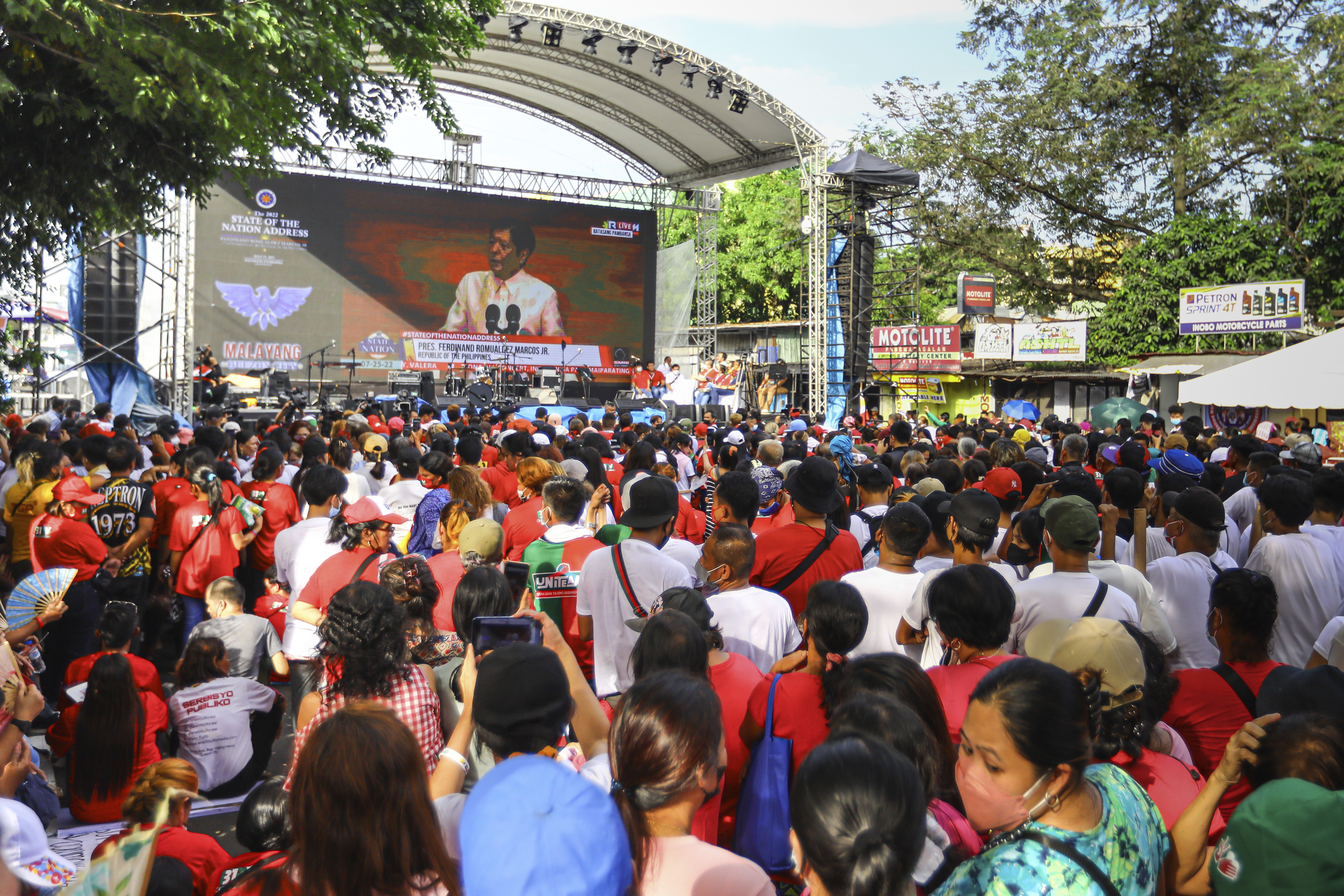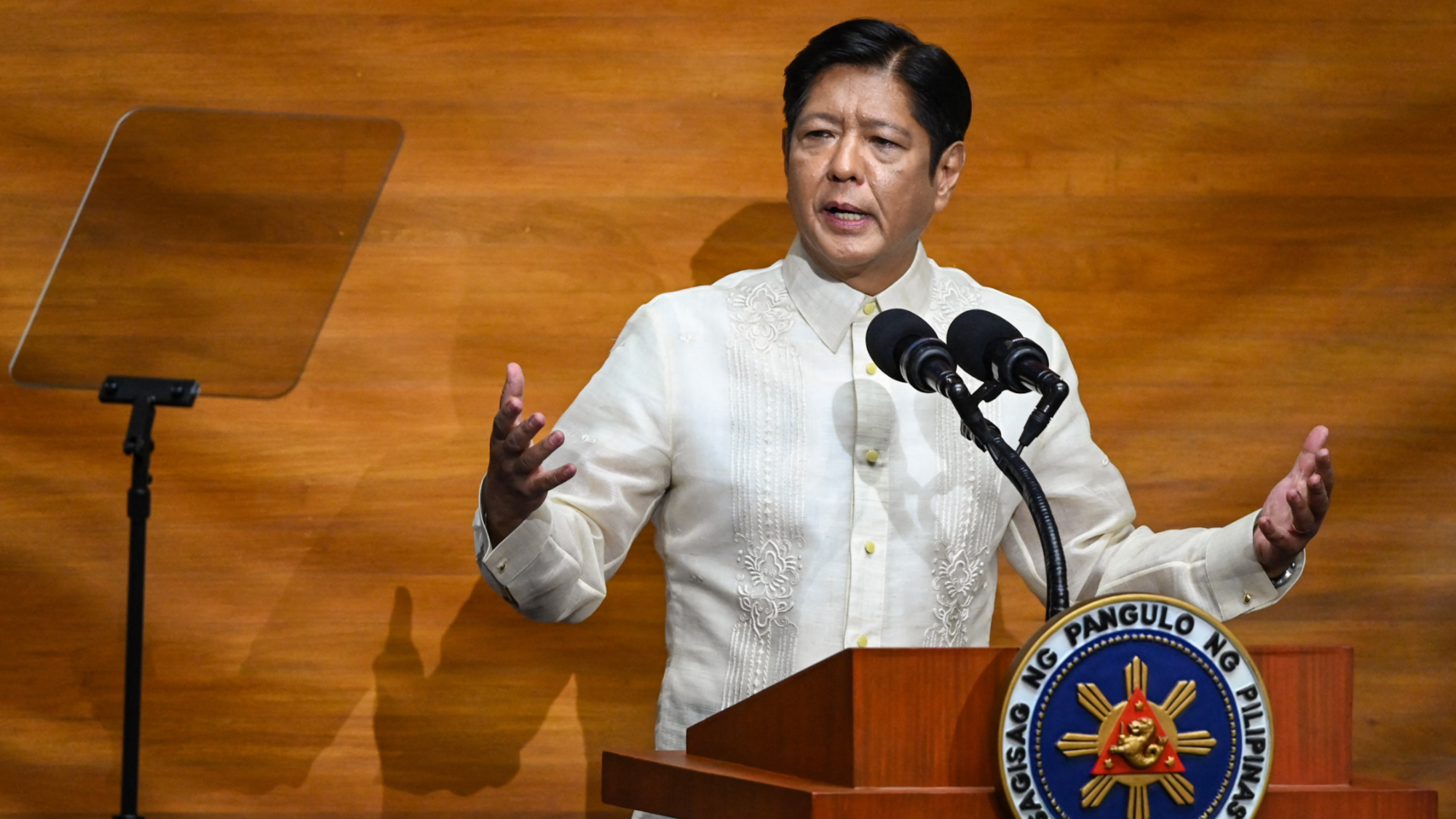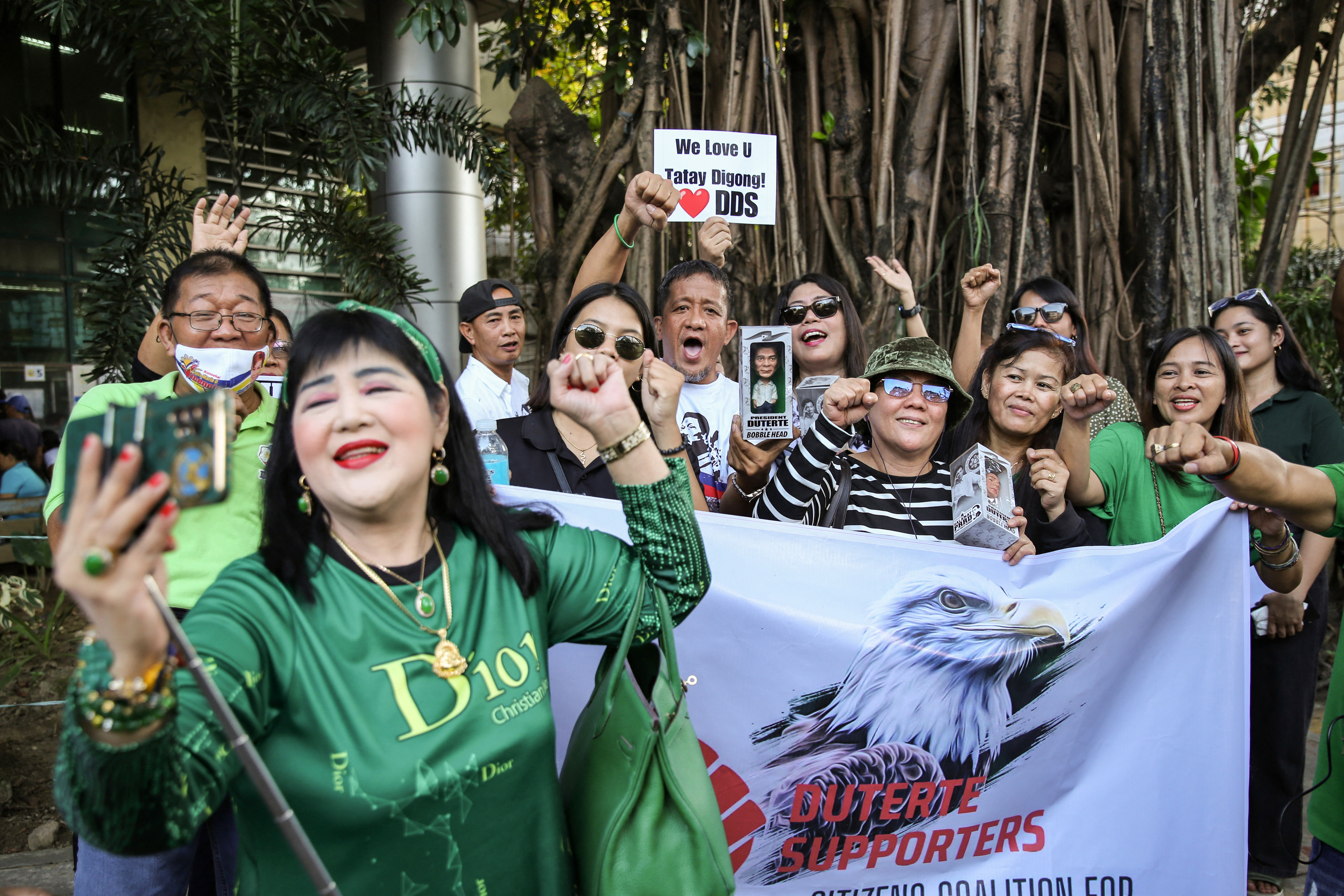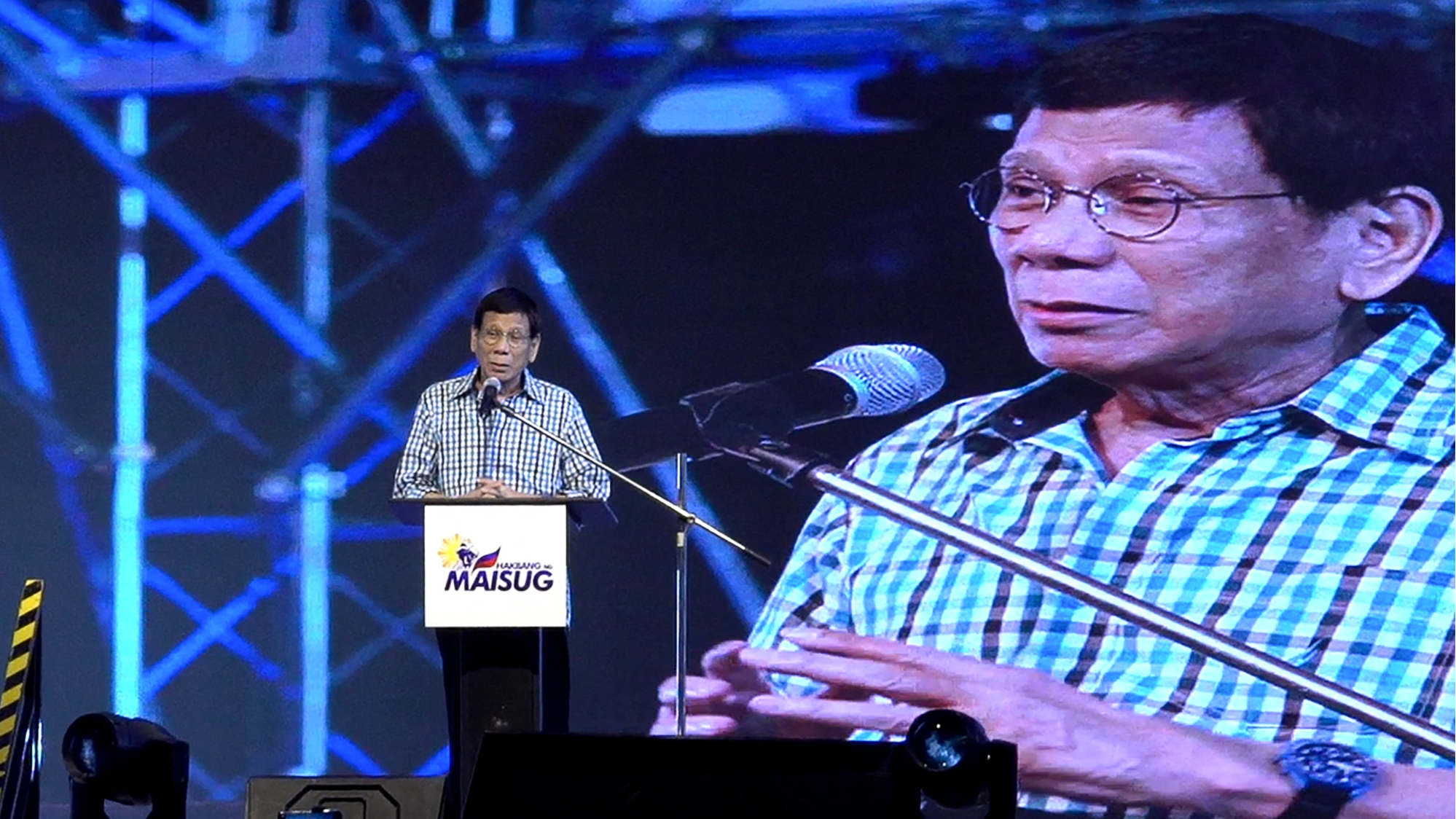
Political dynasties and celebrities are expected once again to dominate the Philippine midterm elections in 2025, as name-recognition and personality politics remain key in winning the polls in the Southeast Asian nation, analysts said.
Aspirants for both local and national posts trooped to the Philippines’ Commission on Elections from Oct 1 to 8 to file their certificates of candidacy for the May 2025 polls. The candidates will be competing for over 18,000 elective posts including 12 seats in the Senate, 63 seats in the party-list system, 254 seats in of House of Representatives and posts in the local government units.
Analysts note how most of the aspirants are either members of established political clans or celebrities and social media influencers who are capitalizing on their popularity to get elected.
ALSO READ: Duterte dynasty’s poll plan poses threat to Marcos
“This is a downturn in Philippine politics, definitely, which makes a mockery of the democracy we are flaunting we have,” Jan Robert Go, associate professor of political science at the University of the Philippines, told China Daily.
Go said political clans are trying to concentrate power in their respective bailiwicks, hence the preponderance of dynasties in most local elective positions. But even in the Senate, a national body comprising elected members, Go said “families are … starting to dominate the membership”.
The current batch of Philippine senators include two pairs of siblings, a mother and son tandem, and the elder sister of Philippine President Ferdinand Marcos, Jr.
“The options for the public are getting worse. However, there are individuals who are taking the challenge to run against big political names. It is going to be a difficult race for them, though,” Go said.
Hansley Juliano, lecturer in political science at the Ateneo de Manila University, said that as political dynasties dominate politics, any policy moves or advocacy by elected officials will not “veer further progressive or radical than what is currently needed — unless civil society or new influence-peddlers emerge to give them the push or incentive to do so”.

Juliano is also concerned that the party-list system, which was created to allow marginalized sectors like farmers, urban poor and indigenous tribes to have a seat in the Lower House, has been “colonized by clientelistic political actors”. He said a growing number of party-list candidates are “transparently tied to visible political families”.
The 1987 Philippine Constitution explicitly prohibits the establishment of political dynasties. But such provision cannot be enforced as the Philippine Congress, the majority of which is comprised of political dynasties, has never passed an enabling law.
ALSO READ: Rift intensifies between Philippines president and Duterte family
Several studies have shown how political dynasties have undermined democracy, promoted rent-seeking and contributed to underdevelopment. But analysts said the absence of a strong party system has pushed most Filipinos to vote for either celebrities or members of political clans.
Reuben Mondejar, professor at the IESE Business School in Spain, said Marcos himself has won by capitalizing on his political lineage (he is the son of a former president) and social media campaigns to boost his popularity.
The midterm elections are considered a referendum for the incumbent administration. The success or failure of the candidates running under the Marcos-led coalition Alyansa Para Sa Bagong Pilipinas (Alliance for a New Philippines) in May 2025 will reflect the public’s view of his leadership.

Meanwhile, even the coalition reflects the Philippines’ personality-based politics, as its senatorial slate includes not only scions of political dynasties but a popular movie actor, a former news anchor and a celebrated boxing champ.
Marcos himself accompanied his eldest son, Sandro, when the latter filed for reelection as representative of the first district of Ilocos Norte — the northern Philippine province which is the hometown and bailiwick of the Marcos family. Marcos’ sister Imee and cousin Martin Romualdez have also filed for reelection as senator and member of the House of Representatives, respectively.
ALSO READ: Philippine Vice-President Sara Duterte resigns as education secretary
This is not exclusive to the ruling coalition. Even the opposition parties and independents running in both local and national posts adhere to the same political formula. Former Philippine president Rodrigo Duterte, for example, is running as mayor in his hometown of Davao city. Duterte’s youngest son, Sebastian, is his running mate while the elder son, Paolo, is gunning for the Lower House. Duterte’s daughter, Sara, is the current vice president.

Juliano from Ateneo de Manila University said the ruling party usually “gains a notable if not sizeable victory” in the midterm elections. But he said such success can lead to overconfidence that can cause policy lapses.
“However, these national policy lapses are usually balanced by the incumbent if the network of patronage and discretionary spending is facilitated. This explains why the same political families continue to dominate and get re-elected even with nothing to show for,” he said.


